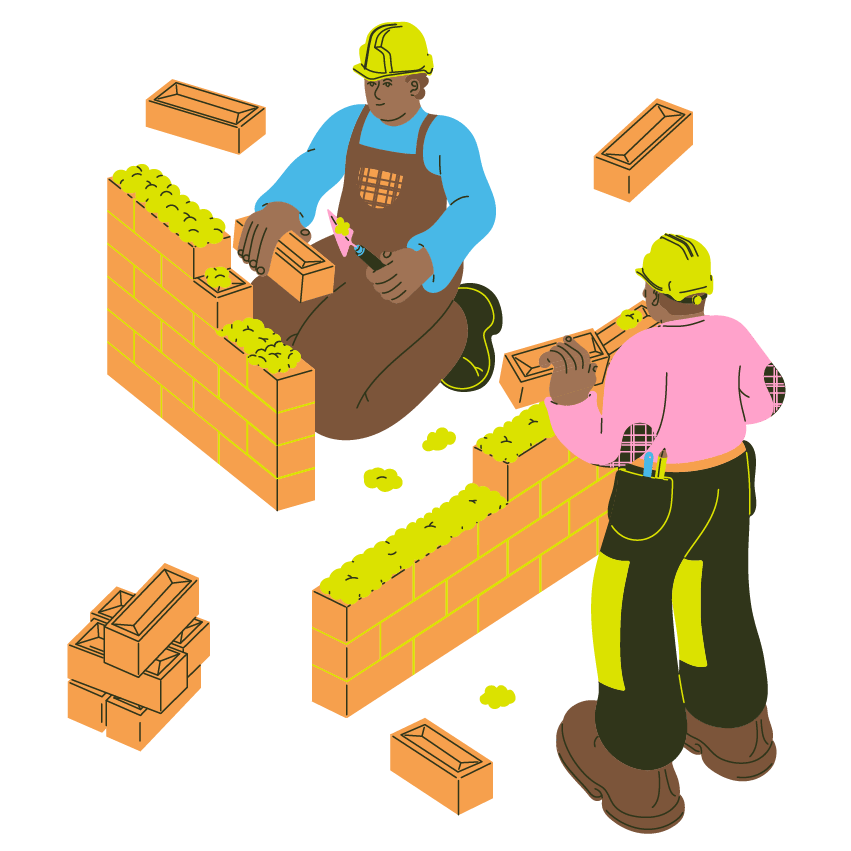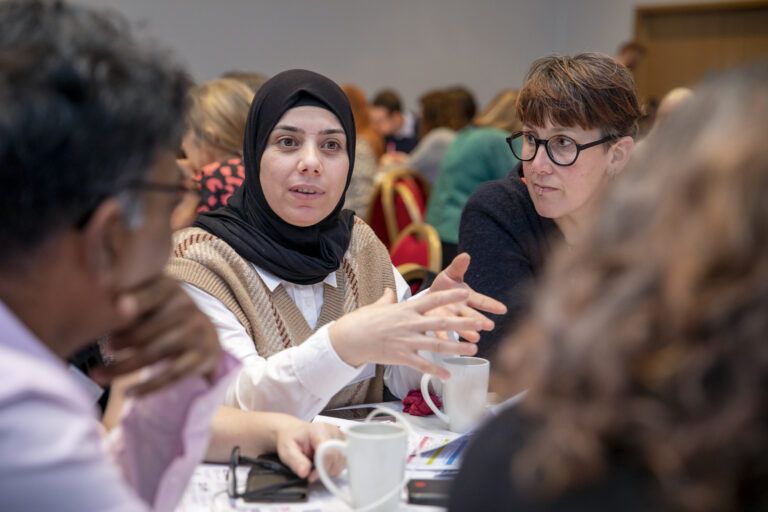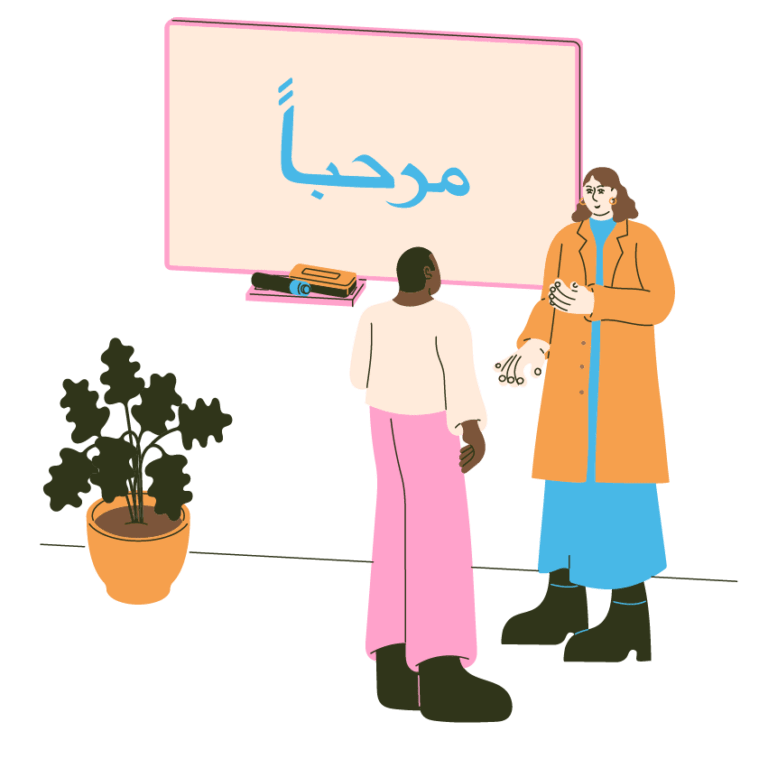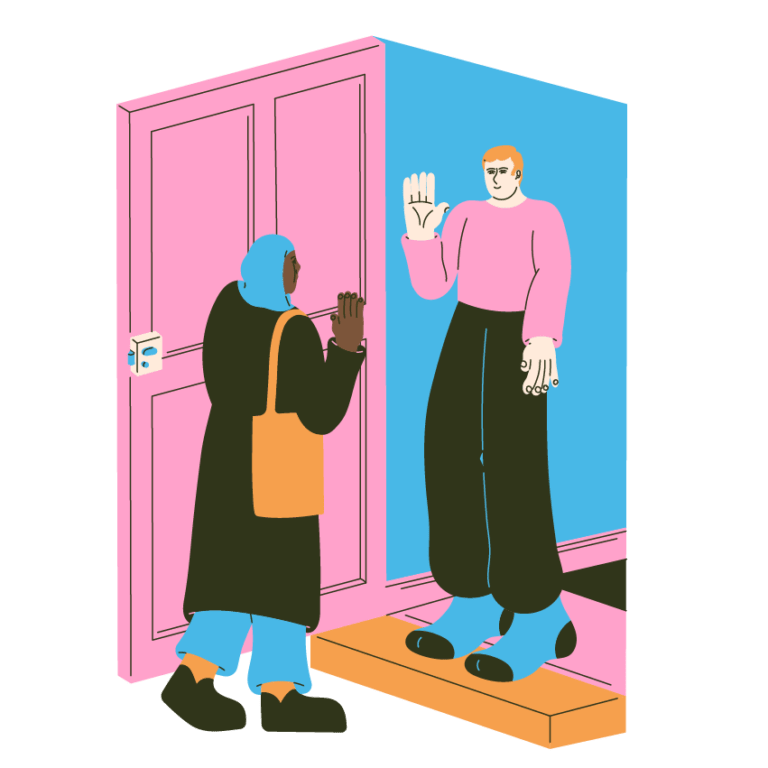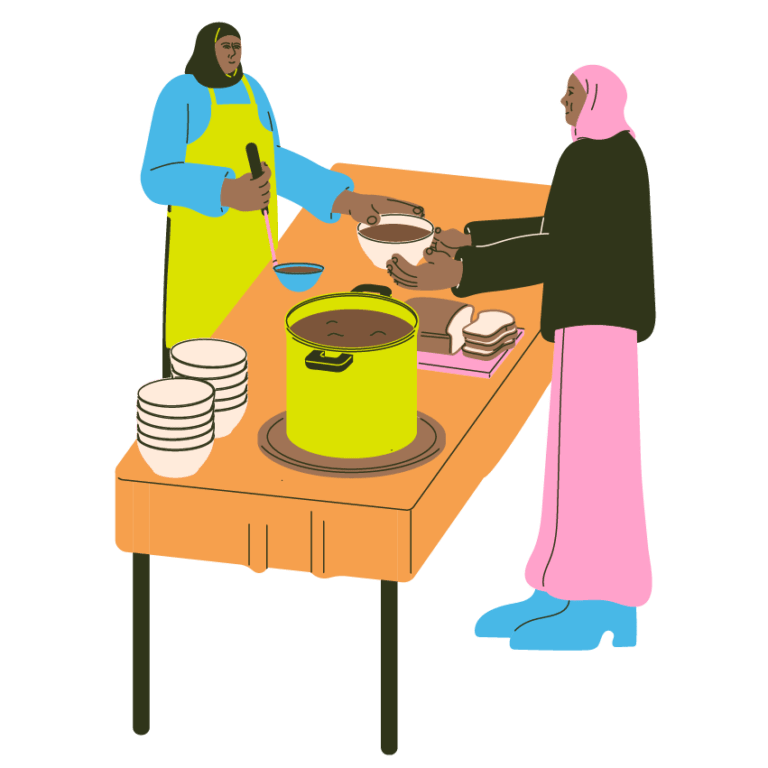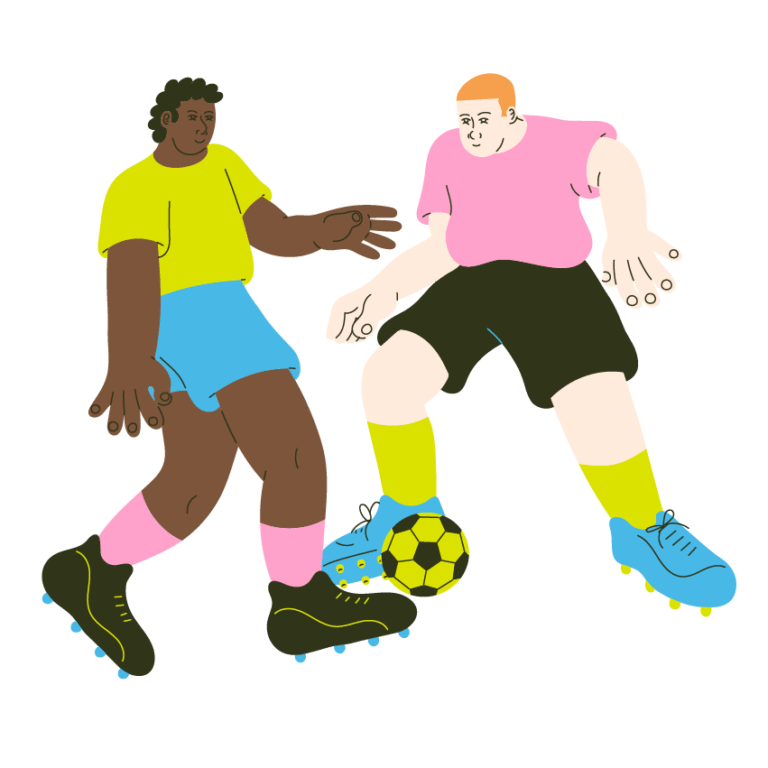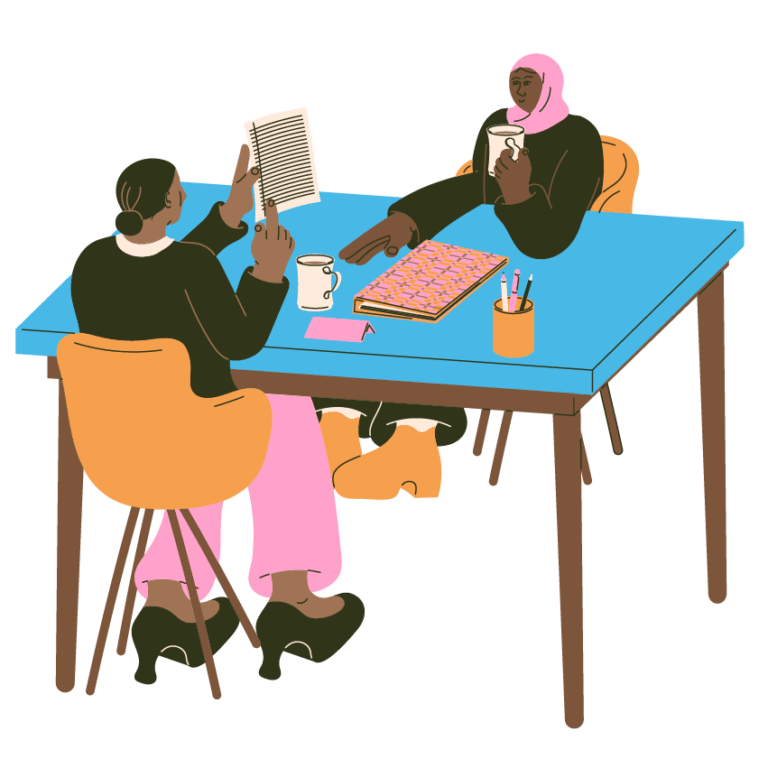The New Scots refugee integration strategy aims to support refugees and people seeking asylum in Scotland’s communities. This includes people who have been granted refugee status or another form of humanitarian protection; people seeking asylum; and those whose application for asylum has been refused, but who remain in Scotland. While international law does not distinguish between refugees and asylum seekers, there is a distinction in UK immigration legislation, which means they have different rights and entitlements.
The key principle of the New Scots strategy is that refugees and people seeking asylum should be supported to integrate into communities from day one of arrival, and not just once leave to remain has been granted.
The outcomes and actions that the strategy seeks to deliver are grounded in an approach that places refugees and asylum seekers at the heart of the communities in which they reside. As such, it recognises that, for approaches to integration to succeed, they must be about working in and with local communities, as well as with refugees and asylum seekers.
The strategy recognises that refugees and asylum seekers are not a homogenous group. Although they are all seeking, or have been granted, sanctuary in the UK, they each have their own needs and aspirations. Their backgrounds, cultures, ambitions, experience and skills should be celebrated and viewed as assets, which can support their integration.


